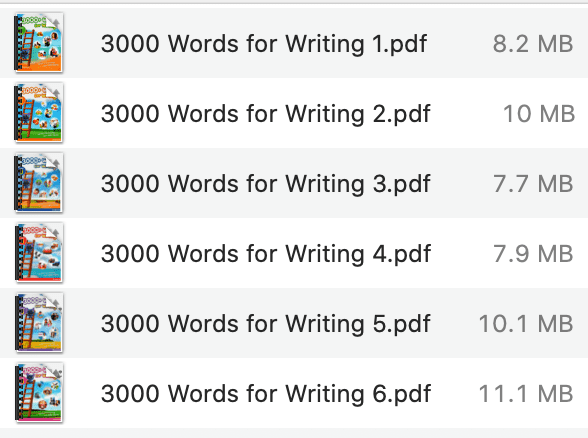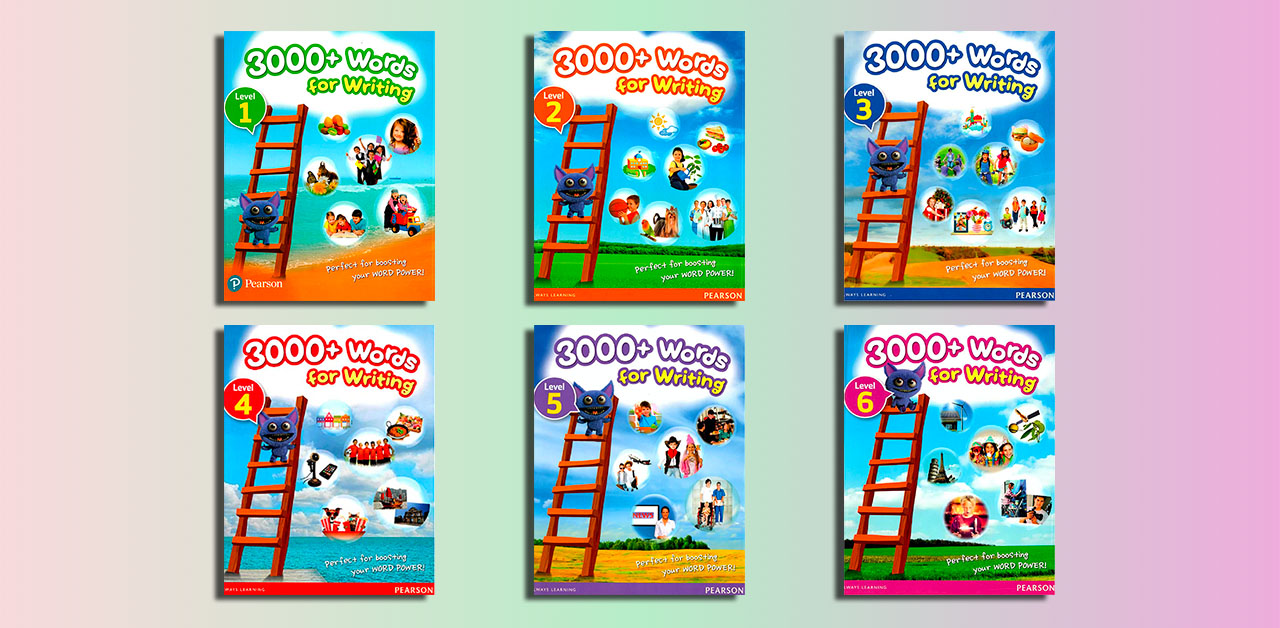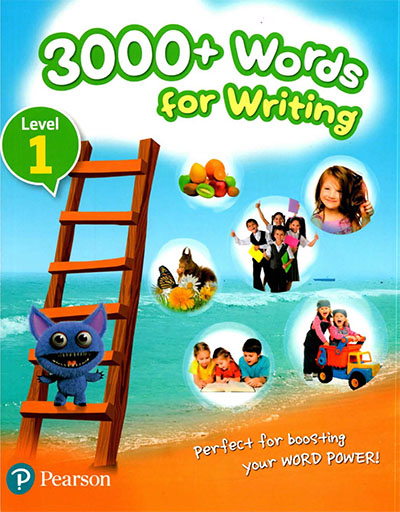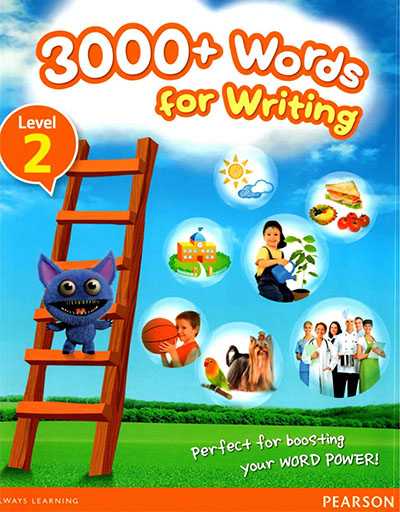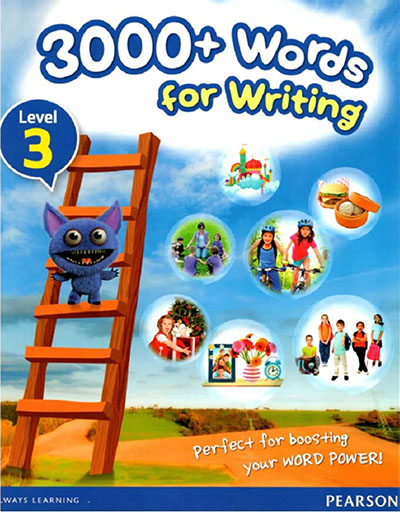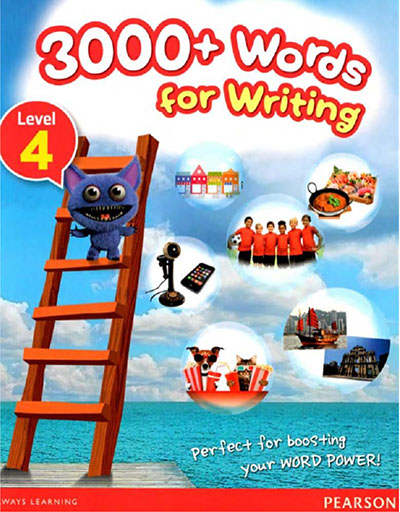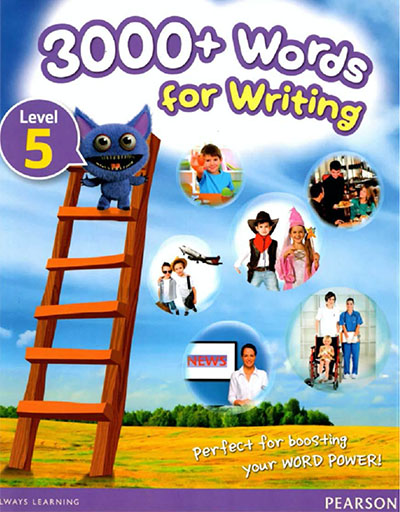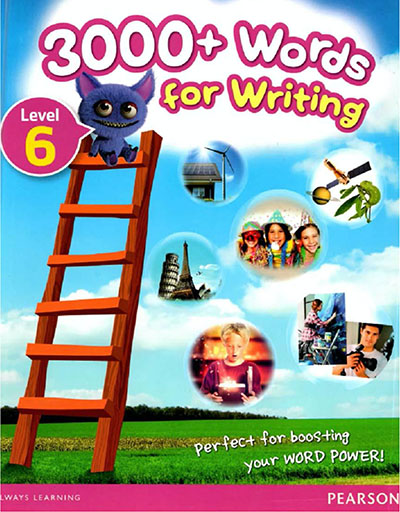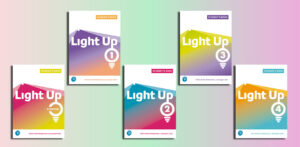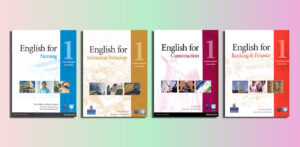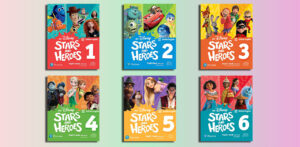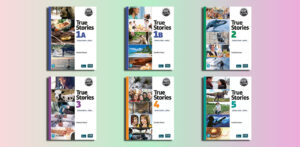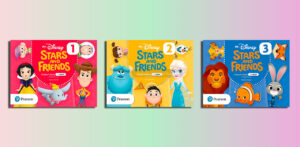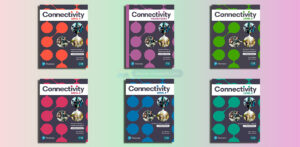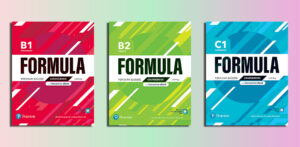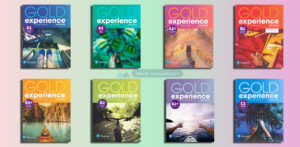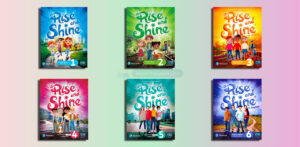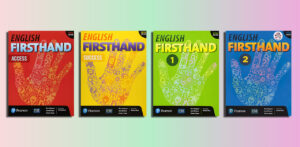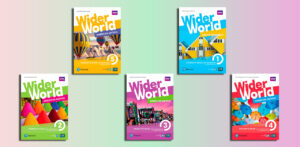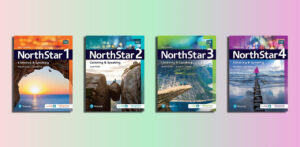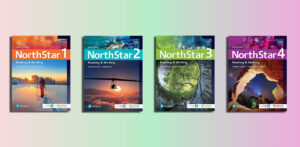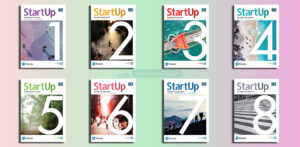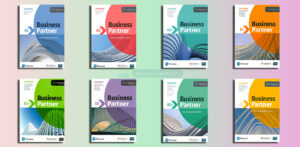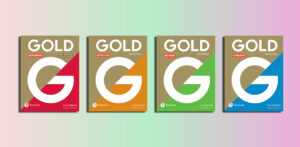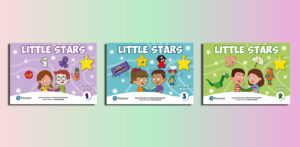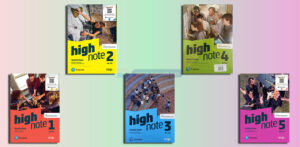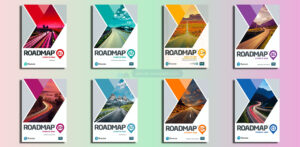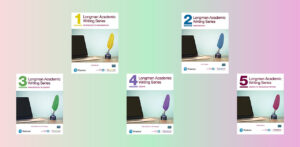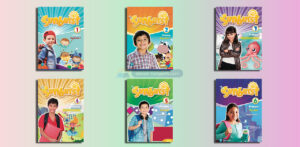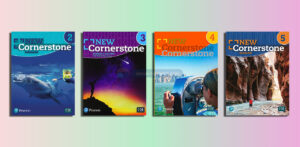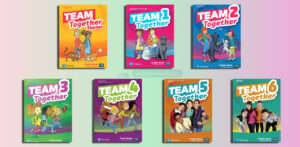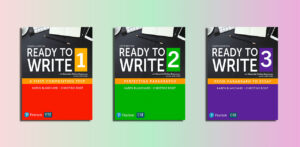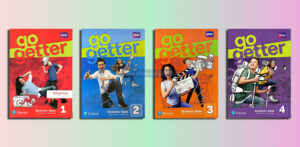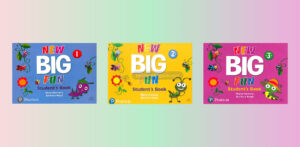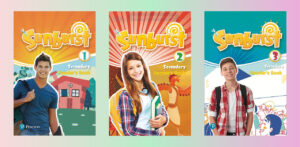3000+ Words for Writing (Pdf Resources)
3000 Words for Writing 1.pdf – Sample: Click
3000 Words for Writing 2.pdf – Sample: Click
3000 Words for Writing 3.pdf – Sample: Click
3000 Words for Writing 4.pdf – Sample: Click
3000 Words for Writing 5.pdf – Sample: Click
3000 Words for Writing 6.pdf – Sample: Click
| Name | Price | Buy |
|---|---|---|
| 3000+ Words for Writing (PDFs) | $5 |
Introduction to 3000+ Words for Writing by Pearson
Contents
- 1 Introduction to 3000+ Words for Writing by Pearson
- 2 Benefits of Using 3000+ Words for Writing by Pearson
- 3 Who Should Use 3000+ Words for Writing?
- 4 Why Choose 3000+ Words for Writing by Pearson?
- 5 Effective Teaching and Learning Strategies for ‘3000+ Words for Writing’
- 6 Conclusion – 3000+ Words for Writing by Pearson Is the Ultimate Choice
- 7 Writing Books for Primary School Students
| ✅ Coursebook: | 3000+ Words for Writing |
| ✅ Publisher: | Pearson |
| ✅ For: | Primary school |
| ✅ Skill: | Writing |
| ✅ English type: | British English |
A Curriculum Designed for Primary Students
Tailored to Suit Learners’ Levels and Needs
- This curriculum is specially crafted to align with the abilities and learning stages of primary students, ensuring an effective and engaging experience.
Helps Children Expand Vocabulary and Improve Writing Skills
- The materials focus on building a strong vocabulary foundation and enhancing children’s ability to express their thoughts clearly in writing.
Key Contents of 3000+ Words for Writing
Thematic Vocabulary Lists
- Organized by familiar and practical topics, these lists make it easier for children to learn and retain new words.
Diverse and Creative Practice Exercises
- The exercises include fun activities, puzzles, and writing tasks designed to make learning interactive and enjoyable.
3000+ Words for Writing 1
Benefits of Using 3000+ Words for Writing by Pearson
Enhances Vocabulary for Children
- This resource helps young learners build a broad and practical vocabulary, equipping them with the words they need to express themselves effectively in everyday and academic contexts.
Improves Writing and Expression Skills
- By combining vocabulary building with engaging writing exercises, this curriculum boosts children’s confidence in constructing sentences, organizing ideas, and communicating clearly.
Aligns with International Education Standards
- Developed by experts, the material adheres to global benchmarks for primary education, ensuring that students receive a high-quality learning experience suited for diverse educational environments.
3000+ Words for Writing 2
Who Should Use 3000+ Words for Writing?
Primary School Students Learning Basic English
This resource is ideal for young learners starting their English journey. It provides age-appropriate vocabulary and engaging activities that make learning enjoyable and effective.
Parents and Teachers Seeking Effective Study Resources
Parents can use this material to support their child’s learning at home, while teachers can incorporate it into their lesson plans to enhance classroom instruction.
3000+ Words for Writing 3
Why Choose 3000+ Words for Writing by Pearson?
High-Quality Content Created by Experts
The material is meticulously designed by experienced educators and language experts to ensure accuracy, relevance, and engagement for young learners.
Suitable for Children Across Different Countries
With universal themes and adaptable content, this resource can be effectively used by students worldwide, regardless of cultural or linguistic backgrounds.
Encourages Effective and Creative Learning
The interactive exercises and creative tasks inspire children to think critically and use their imagination, making learning both productive and enjoyable.
3000+ Words for Writing 4
Effective Teaching and Learning Strategies for ‘3000+ Words for Writing’
Engage Students with Thematic Vocabulary Activities
- Use the thematic vocabulary lists to create interactive games like word matching or charades.
- Encourage group discussions centered on the topics to boost speaking and listening skills.
Integrate Writing Exercises into Daily Lessons
- Assign short writing tasks related to the vocabulary learned, such as composing sentences or short stories.
- Provide feedback on structure, vocabulary usage, and creativity to guide improvement.
Encourage Repetition and Practice
- Use flashcards or apps to help students review vocabulary regularly.
- Incorporate quizzes and puzzles to reinforce retention in a fun way.
3000+ Words for Writing 5
Foster Creativity with Real-World Applications
- Have students write letters, diary entries, or descriptions of their favorite activities using the learned words.
- Introduce storytelling sessions where students use the vocabulary to create and share their own stories.
Tailor Activities to Individual Learning Styles
- For visual learners, use pictures and illustrations alongside the vocabulary.
- For kinesthetic learners, include hands-on activities like word puzzles or role-playing exercises.
Create a Supportive Learning Environment
- Encourage collaborative learning by pairing students for peer reviews and group projects.
- Celebrate achievements with rewards for completing exercises or improving skills.
By combining these strategies, teachers and parents can maximize the effectiveness of 3000+ Words for Writing and ensure students build a strong foundation in English.
3000+ Words for Writing 6
Conclusion – 3000+ Words for Writing by Pearson Is the Ultimate Choice
3000+ Words for Writing by Pearson stands out as a comprehensive and engaging resource for primary students. With its expertly designed content, it provides an excellent foundation for vocabulary development and writing skills.
Download 3000+ Words for Writing today to help your child build vocabulary and write effectively in English!
Writing Books for Primary School Students
“Writing Skills” by Scholastic
- Offers step-by-step guidance for sentence structure, paragraph writing, and storytelling.
“Spectrum Writing” Series
- A comprehensive series covering grammar, vocabulary, and writing techniques for grades K-6.
“Big Book of Writing Skills” by Usborne
- Fun, colorful book that encourages children to develop writing skills through creative tasks.
“Young Writers’ Workshop” by Evan-Moor
- Designed to teach descriptive, narrative, and persuasive writing in a fun way.
“Writing with Ease” by Susan Wise Bauer
- Introduces foundational writing skills, focusing on narration and copywork for primary students.
“Step-by-Step Writing” by Scholastic
- Helps students learn to organize ideas and write stories, essays, and reports.
“The Write Stuff” by Highlights
- Interactive writing activities that develop creativity and language skills in young learners.
“Creative Writing Skills” by Lexie Martin
- Encourages imagination and story creation through guided prompts and exercises.
“Daily 6-Trait Writing” by Evan-Moor
- Focuses on six key writing traits like ideas, organization, and voice through daily practice.
“Writing Superstars Workbook” by DK
- A hands-on workbook filled with engaging exercises to help kids master sentence writing and storytelling.
“Write and Draw Your Own Comics” by Usborne
- Combines creative writing with art to teach story structure and character development in a fun way.
“My First Writing Book” by Little Genius
- Introduces young learners to the basics of writing with guided tracing and simple writing exercises.
“Writing Skills for Kids” by Jumpstart Academy
- Interactive activities and worksheets designed to build writing confidence and creativity.
“Write On! A Guide to Creative Writing for Kids” by Bright Minds Press
- Offers tips, prompts, and fun challenges to encourage children to write creatively and confidently.
“Handwriting and Creative Writing” by Kumon
- Combines handwriting practice with creative writing tasks to help young learners develop foundational skills.
“Story Starters for Kids” by Karen Louise
- Packed with fun prompts to spark imagination and improve storytelling abilities.
“Picture Writing Prompts for Kids” by Thinking Kids
- Uses images to inspire descriptive writing and improve observation skills.
“First 100 Writing Prompts for Kids” by Creative Kids Publishing
- A simple, structured approach to help children generate ideas and write short paragraphs.
“Writing Fun for Kids” by Highlights Press
- Filled with entertaining puzzles, prompts, and games to make writing enjoyable and less intimidating.
These books provide a variety of approaches to writing, including structured practice, creative storytelling, and integration of visual aids, catering to diverse learning styles and keeping the process enjoyable for primary school children.

